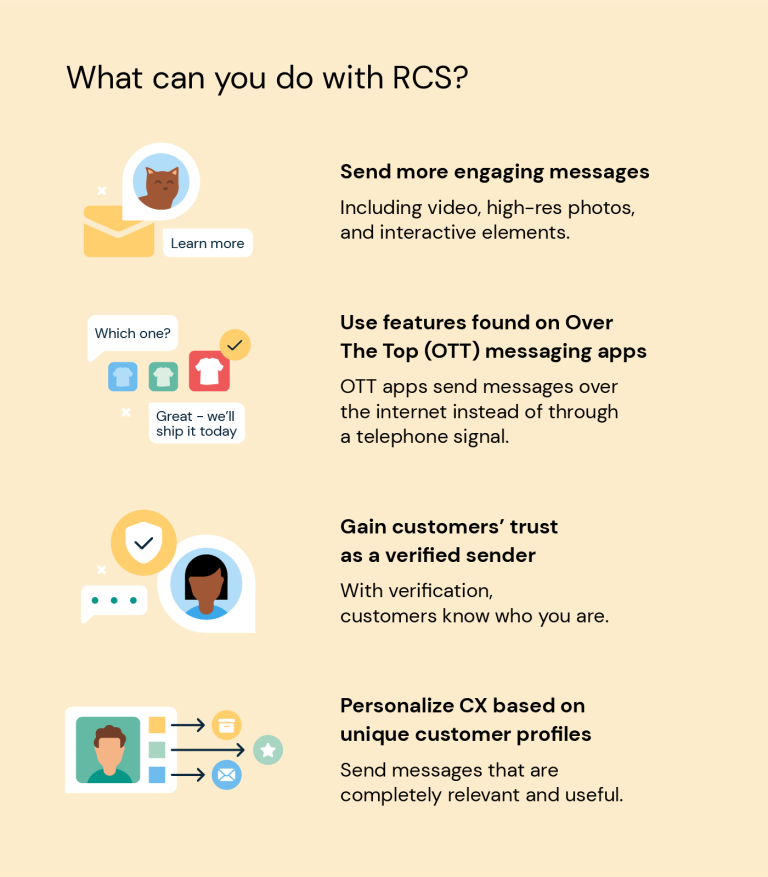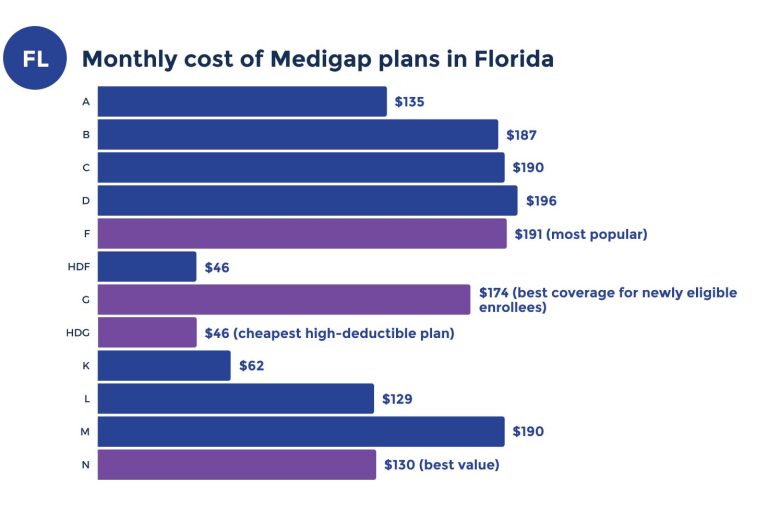The Importance of Employee Benefits Packages for Small Businesses
Contents
Attracting Top Talent
A comprehensive benefits package can significantly enhance a small business’s appeal to prospective employees. In a tight labor market, job seekers often prioritize companies that offer competitive benefits alongside salaries.
Boosting Employee Morale and Productivity
Providing benefits demonstrates a company’s commitment to its employees’ well-being. This can foster a positive work environment, boost morale, and increase productivity. Employees who feel valued and supported are more likely to be engaged and motivated.
Reducing Employee Turnover
High employee turnover can be costly and disruptive for small businesses. A strong benefits package can help reduce turnover by providing employees with reasons to stay with the company.
Improving the Company’s Reputation
Offering attractive benefits can enhance a small business’s reputation as an employer of choice. This can attract more qualified candidates and improve the company’s overall brand image.
Types of Employee Benefits for Small Businesses
Health Insurance
Health insurance is a cornerstone of any benefits package. While providing comprehensive coverage can be expensive, small businesses can explore cost-effective options such as group health plans or health reimbursement arrangements (HRAs).
Retirement Plans
Offering retirement plans, such as 401(k)s or Simplified Employee Pension (SEP) plans, can help employees secure their financial future. These plans also offer tax advantages for both employers and employees.
Paid Time Off (PTO)
PTO encompasses vacation days, sick leave, and personal days. Providing adequate PTO allows employees to rest, recharge, and attend to personal matters without financial worries.
Flexible Work Arrangements
Flexible work options, such as remote work or flexible hours, can be particularly appealing to employees seeking work-life balance. These arrangements can also benefit small businesses by reducing overhead costs and improving employee satisfaction.
Professional Development Opportunities
Investing in employees’ professional growth through training programs, workshops, or conferences can enhance their skills and knowledge. This can lead to improved performance and increased employee loyalty.
Employee Assistance Programs (EAPs)
EAPs provide confidential counseling and support services to employees dealing with personal or work-related challenges. These programs can help employees address issues that may affect their well-being and productivity.
Wellness Programs
Wellness programs promote healthy lifestyles through initiatives such as gym memberships, fitness challenges, or healthy snack options. These programs can improve employee health, reduce absenteeism, and boost morale.
Creating a Competitive Benefits Package for Small Businesses
Assess Your Employees’ Needs
Understanding your employees’ demographics, lifestyles, and priorities can help you tailor a benefits package that meets their specific needs. Conducting surveys or focus groups can provide valuable insights.
Set a Budget
Determine a realistic budget for your benefits package. While offering extensive benefits is ideal, it’s crucial to balance your offerings with your financial capabilities.
Prioritize Essential Benefits
Start by offering essential benefits such as health insurance, retirement plans, and PTO. These are often the most valued by employees and can serve as the foundation of your package.
Explore Cost-Effective Options
Research various providers and plans to find cost-effective options that still offer quality coverage. Consider group discounts, negotiating with providers, or exploring alternative benefit structures.
Communicate Benefits Clearly
Ensure your employees understand the benefits available to them and how to access them. Provide clear and concise information about each benefit, including eligibility requirements and enrollment procedures.
Regularly Review and Update Your Benefits Package
Employee needs and market trends can change over time. Regularly review your benefits package to ensure it remains competitive and relevant. Solicit employee feedback and make adjustments as needed.
Conclusion
Employee benefits packages for small businesses are essential for attracting, retaining, and motivating top talent. By offering competitive benefits, small businesses can create a positive work environment, enhance their reputation, and achieve long-term success. Remember, a well-designed benefits package is an investment in your employees and your company’s future.
Read More: Small Business Employee Benefits Packages: Attracting Top Talent on a Budget







